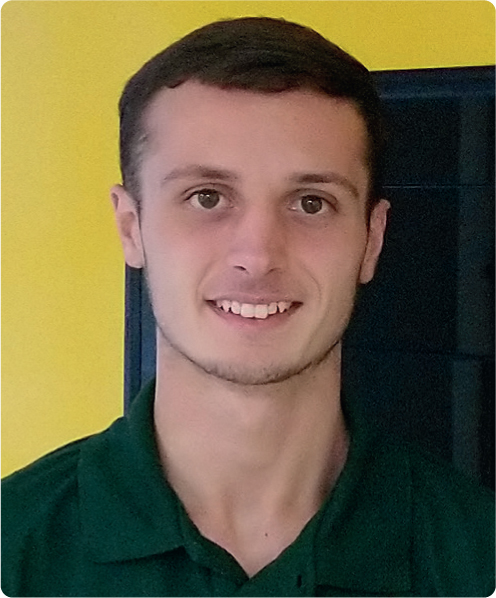
As second year draws to a close, and preparation for our final year begins, the reality that being a qualified paramedic is just over a year away is becoming quite daunting! However, with plenty of placement time coming up and the support of brilliant clinicians and lecturers, I am confident by the time next year comes around, I'll be ready to be set free!
Recently, we have participated in spoke placements. These are undertaken in areas other than on ambulances, such as paediatrics, acute medical unit (AMU) and in accident and emergency (A&E) with a mental health placement coming up. Despite being apprehensive about these, they have been incredibly beneficial towards my practice and I have really enjoyed them. I especially enjoyed the variety of A&E; being able to spend time in resus, minor injuries and the rapid assessment unit has really helped me to better understand what happens to patients after we leave them at hospital and made me more aware of the procedures that will take place so I can better prepare and inform the patient. I was also able to practise and improve skills such as cannulation and airway management, as well as ‘soft’ skills such as communication and working as part of a multidisciplinary team. After minimal exposure to paediatric patients on the ambulances, that placement really improved my knowledge and confidence when dealing with these patients. I picked up little tips and tricks such as how to communicate with and calm a distressed child and the importance of involving parents in the assessment. AMU gave me an insight into the journey of patients beyond A&E and what is involved in making sure a safe and thorough discharge is achieved. After these experiences, I am quite looking forward to my mental health placement and applying what I learn there to patients I meet. These placements have given me an insight into the wider healthcare setting and the different associated aspects of patient care.
Recently, we completed our pathophysiology and pharmacology examination, which means an end to all assessments for second year (a massive relief!). This exam was still online, which I personally found harder than in an exam hall. We were also required to do a presentation, again from home, and having struggled with presentations in the past, I found it even more difficult this time due to extra distractions and having to adapt to online technology. However, these challenges have allowed me to become a lot more independent and have encouraged me to solve problems on my own. Having achieved high marks and with the prospect of face-to-face learning returning in September, things are starting to look a lot more positive.
Recently, as part of theory, we have had the opportunity to participate in practical and scenario-based sessions, with more coming up. I really enjoy this aspect of university as it allows us to put theory into practice in a safe environment where we can have close monitoring and feedback straight afterwards. It also allows preparation for a variety of situations that may occur in clinical practice which means we can be prepared for these when we are faced with them. We went over equipment that we do not often use, such as trauma dressings and airway equipment. This has allowed me to refresh my knowledge in these areas as they are encountered very little on the ambulances and I now feel ready for placement in the ever-changing roles of a paramedic.

